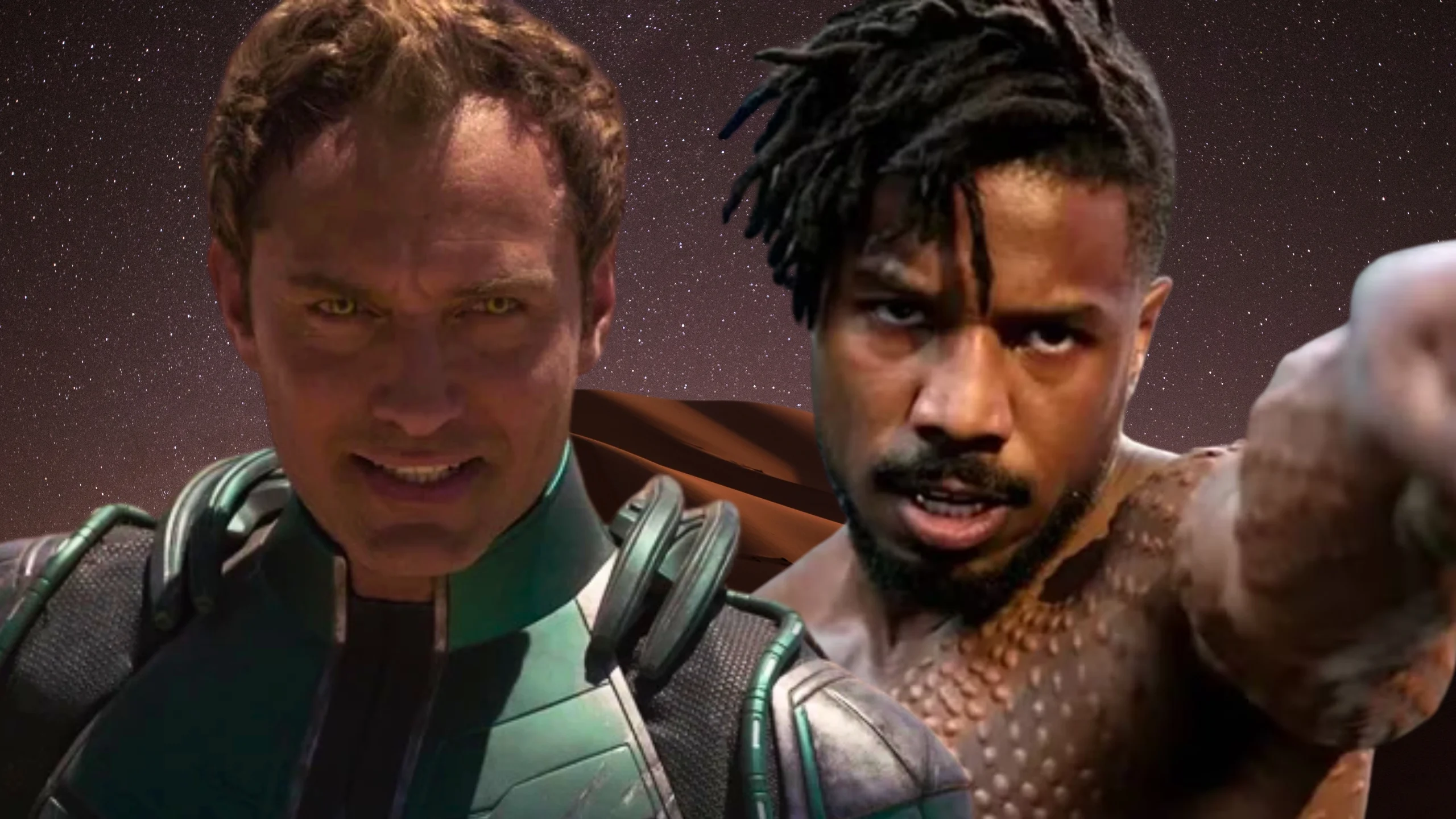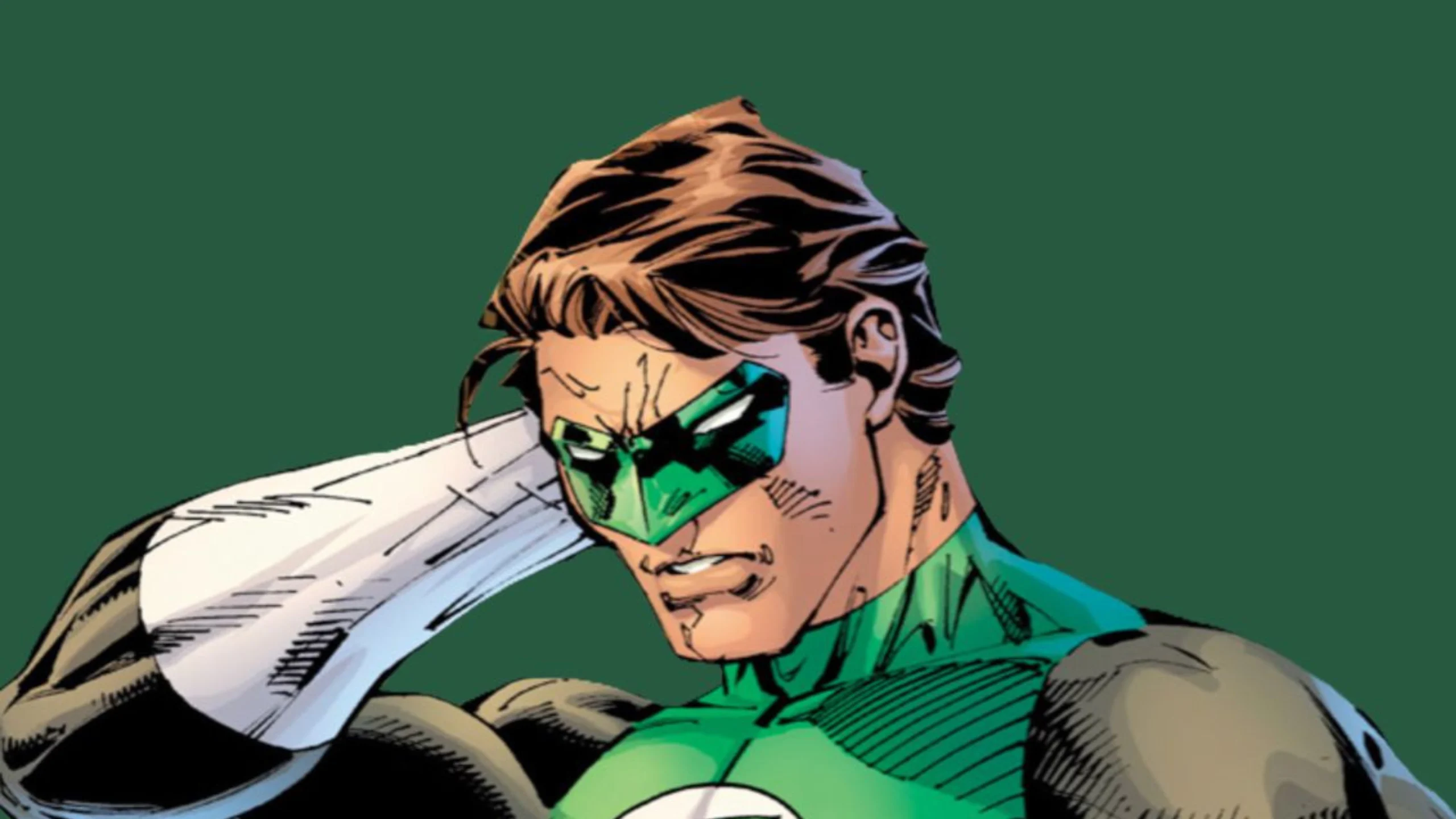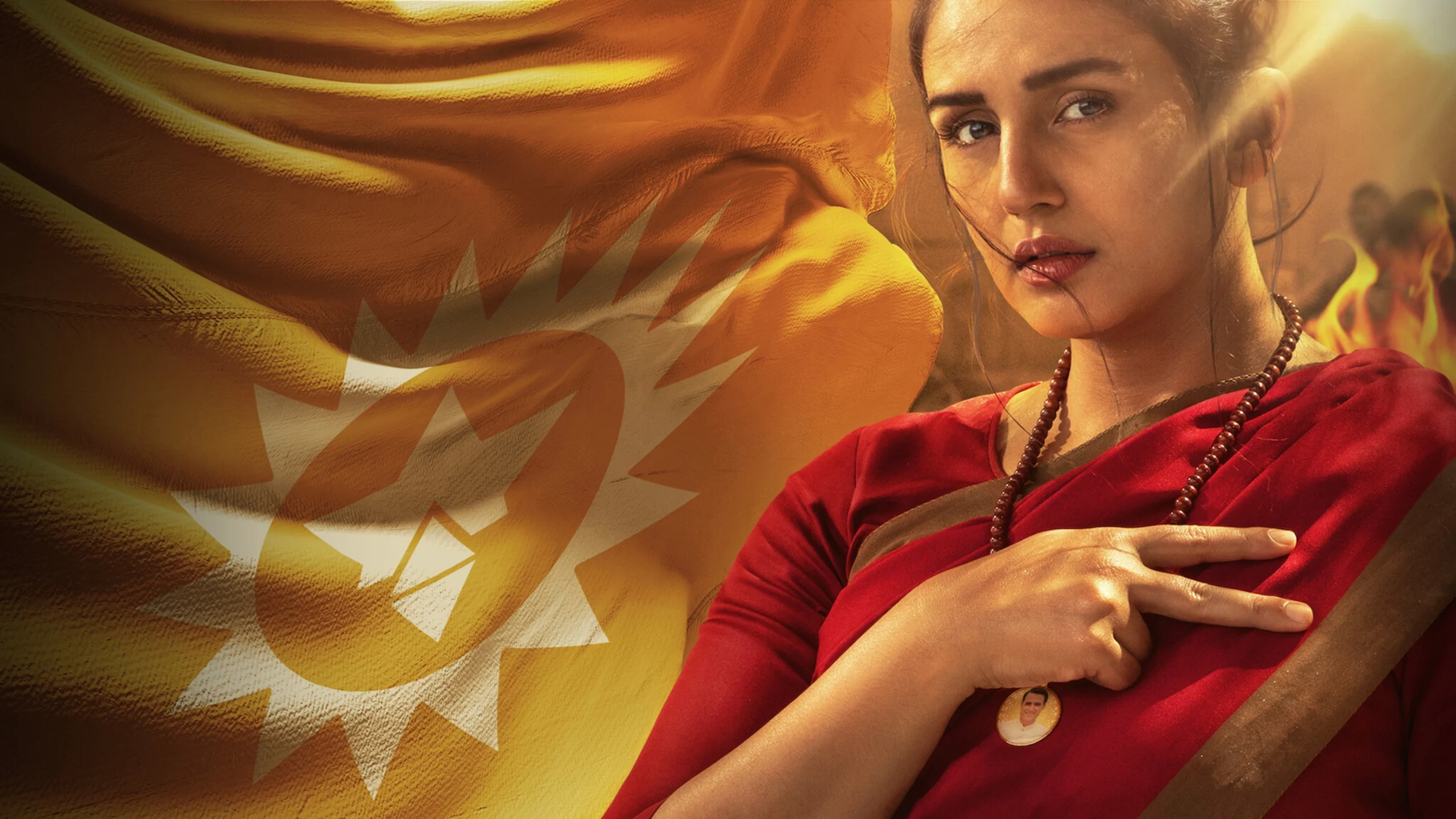Villains are scary. Villains are evil. Villains do bad things. So it’s understandable when people are afraid of a villain. But why would someone be afraid of heroes?
Today’s video is about Herophobia – fear of heroes. Yes. It’s a real thing.
The thing that makes it really easy to hate or fear a villain is that you know he is a villain. Many stories make it really easy to make a distinction between a hero and a villain. Villains are either laughing like a maniac, or hurting people, or doing bad things. Similarly, the hero is also easy to spot. They’re leading, they’re being kind and helpful, they’re standing up for what is right and all that.
But sometimes, the difference is not so clear. The villain might have a point, like Killmonger from the Black Panther movie, or the hero might simply be pretending to be nice Yonn Rogg from the Captain Marvel movie.
Why is this important? Because trusting the wrong hero can have long-term consequences for a society.
Professor Lawrence Lessig wrote a book called REMIX. It was about the changing face of copyright. But in the introduction to the book, Lessig recounts an interesting anecdote.
In early 2007, I was at dinner with some friends in Berlin. We were talking about global warming. After an increasingly intense exchange about the threats from climate change, one over-eager American at the table blurted, We need to wage a war on carbon. Governments need to mobilize. Get our troops on the march. Then he fell back into his chair, proud of his bold resolve, sipping a bit too much of the wildly too expensive red wine. It was obvious that my friend was speaking metaphorically. Carbon is not an enemy. Not even an American Marine could fight it. Yet, as I looked around the table, a reticence seemed to float above our German companions. What does that look mean? I asked one of my friends. After a short pause, he almost whispered, Germans don’t like war. The response sparked a rare moment of recognition in me. Of course, no one was talking about using guns to fight carbon or even carbon polluters. Yet for obvious reasons, the associations with war in Germany are strongly negative. The whole country country, but especially Berlin, is draped in constant reminders of the costs of that country’s 20th century double blunder.
The double-blunder Lessig is talking about is, of course, Germany’s involvement in the two world wars.
This I think, is relevant because these days we use war as a metaphor a little too readily. It’s something we have in common with Americans. But Lessig’s anecdote is also interesting because you don’t think about what it must be like to be Germany, do you? To feel remorse or to hesitate to talk about war.
We often talk about the consequences of evil from the point of view of those who have suffered. But we don’t often think about the consequence that the “bad guy” might suffer.
Christopher Vogler, who wrote a book called THE WRITER’S JOURNEY, made mention of something similar in the preface to his book.
German culture seems ambivalent about the term hero. The hero has long tradition of veneration in Germany, but two world wars and the legacy of Hitler and the Nazis have tainted the concept. Nazism and German militarism manipulated and distorted the powerful symbols of the hero myth, invoking its passions to enslave, dehumanize, and destroy. Like any archetypal system, like any philosophy or creed, the heroic form can be warped and used with great effect for ill intention. In the post-Hitler period, the idea of hero has been given a rest as the culture re-evaluates itself. Dispassionate, cold-blooded anti-heros are more in keeping with the current German spirit. A tone of unsentimental realism is more popular at present. Although there will always be a strain of romanticism and love of fantasy, Germans can enjoy imaginative hero tales from other cultures but don’t seem comfortable with homegrown romantic heroes for the time being.
Think about it. The German people were told stories. Symbols that invoke patriotism and respect were used to dehumanise and destroy. Stories were used to manipulate an entire society into not only supporting war, but also standing by silently as great atrocities were committed against innocent people. Mythology and culture and patriotism was turned into propaganda.
Now, of course, as I record this video in 2019, I should point out that these things were written more than ten years ago. Things may have changed since then. Things keep changing. Like for example, India today is perhaps very different from what India will be in ten years.
I am not worried about an Indian leader turning out to be Hitler. People see Hitler everywhere. We do it so often that there is even something called Godwin’s Law that makes fun of this tendency. Look it up.
But what I do worry about is us – we the people – going down a road that leads only to remorse. I think that if you truly love your heroes – your freedom fighters, your gods, your inspirational historical figures – then you can’t afford to have them hijacked. You should worry about the possibility that a day might come when we will start fearing our heroes.



Leave a Reply